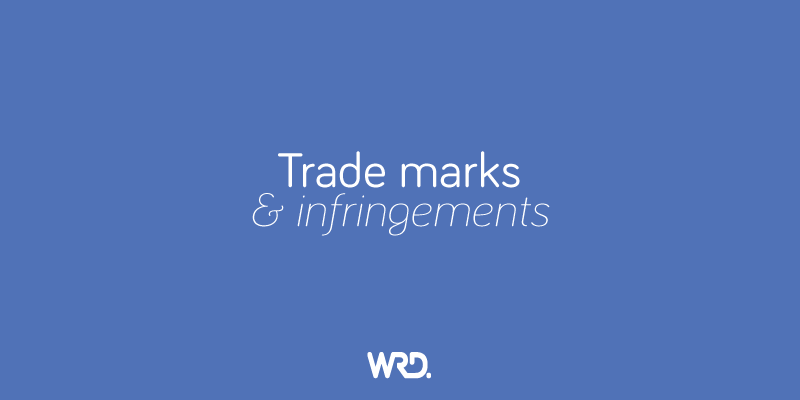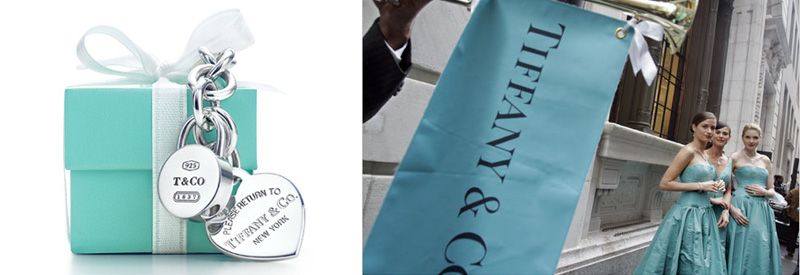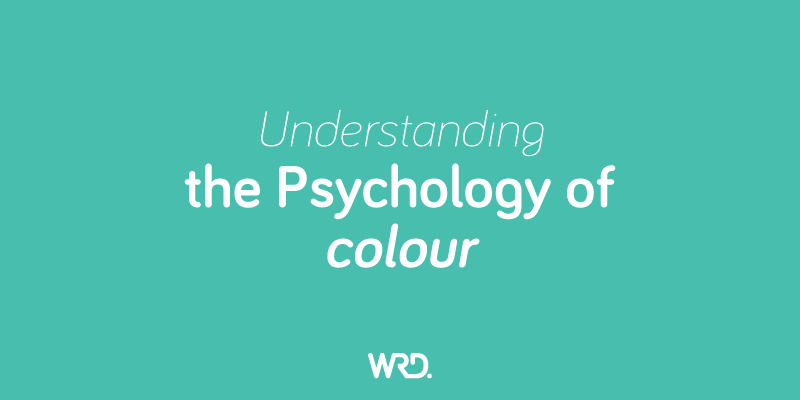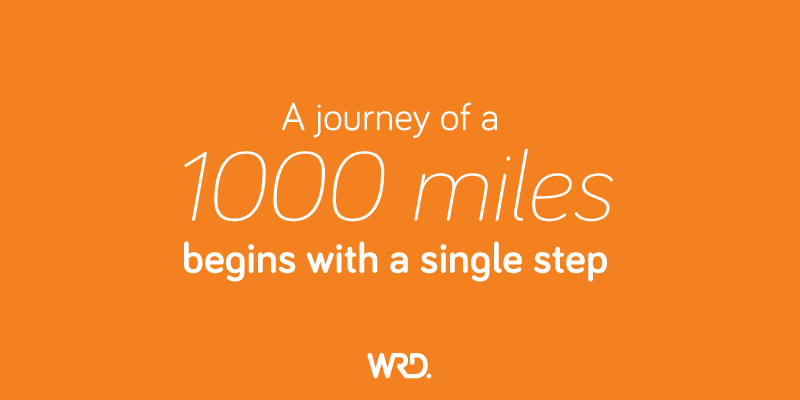What is a trade mark and is it important for my business?
There seems to be a fair amount of confusion about what a trade mark is, what or if it has any value and whether or not it is worth getting your business protected.
A trade mark is a distinctive sign or indicator used by an individual, business organisation, or other legal entity to identify that the products or services to consumers with which the trade mark appears to originate from a unique source, and to distinguish its products or services from those of other entities.
A trade mark is designated by the following symbols:
- ™ (for an unregistered trade mark, that is, a mark used to promote or brand goods – this has no legal protection)
- ® (for a registered trade mark which legally protects your goods and/or services for which the trade mark is registered, for a period of 10 years at a time)
What is a trade mark?
A trade mark is typically a name, word, phrase, logo, symbol, design, image, or a combination of these elements. There is also a range of non-conventional trade marks comprising marks which do not fall into these standard categories, such as those based on colour (such as Tiffany blue or Cadbury purple), smell, or sound.
Why would you register a trade mark?
Registering your trade mark can be valuable protection against competitors now and in the future. You should also be aware that infringing on other businesses trademarks or patents can be an extremely expensive exercise.
Trade mark infringement is a violation of the exclusive rights attached to a trade mark without the authorisation of the trade mark owner or any licensees. Infringement may occur when one party, the “infringer”, uses a trade mark which is identical or confusingly similar to a trade mark owned by another party. An owner of a trade mark may commence legal proceedings against a party which infringes its registration.
What happens if someone infringes on a trade mark?
The owner of a registered trade mark may commence legal proceedings for trade mark infringement to prevent unauthorised use of that trade mark. However, registration is not required. The owner of a common law trade mark may also file suit, but an unregistered mark may be protectable only within the geographical area within which it has been used or in geographical areas into which it may be reasonably expected to expand – this is usually trumped by a registered trade mark.
What classifies as a breech of trade mark?
Market confusion is not necessarily measured by actual consumer confusion but rather by the below series of criteria that the Courts have established. These are eight specific elements to measure likelihood of confusion:
- Strength of the mark
- Proximity of the goods
- Similarity of the marks
- Evidence of actual confusion
- Marketing channels used
- Type of goods and the degree of care likely to be exercised by the purchaser
- Defendant’s intent in selecting the mark
- Likelihood of expansion of the product lines
If you need assistance getting your trade mark registered*, please give us a call on 0481 846 481.
Alternatively, if you are looking at getting your brand established or redesigned, we would love to work with you as we have had incredible success with many small and medium sized businesses. Take a look at some of the brands that we have developed.
*Please note that we are not trade mark lawyers, but we can assist with registering your trade mark.




